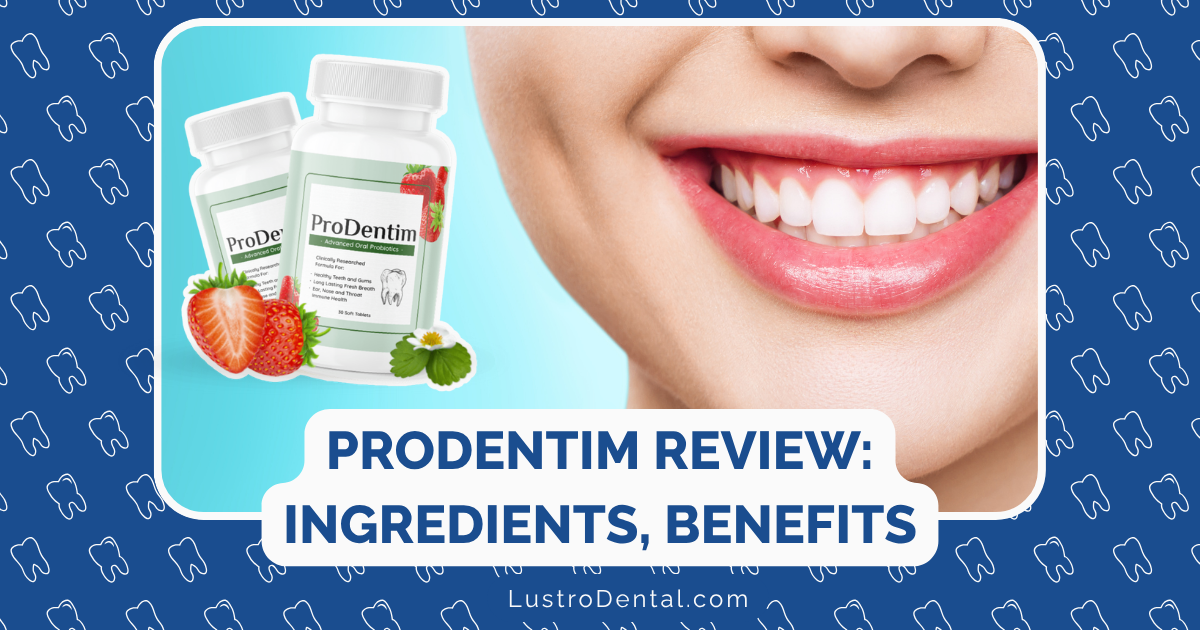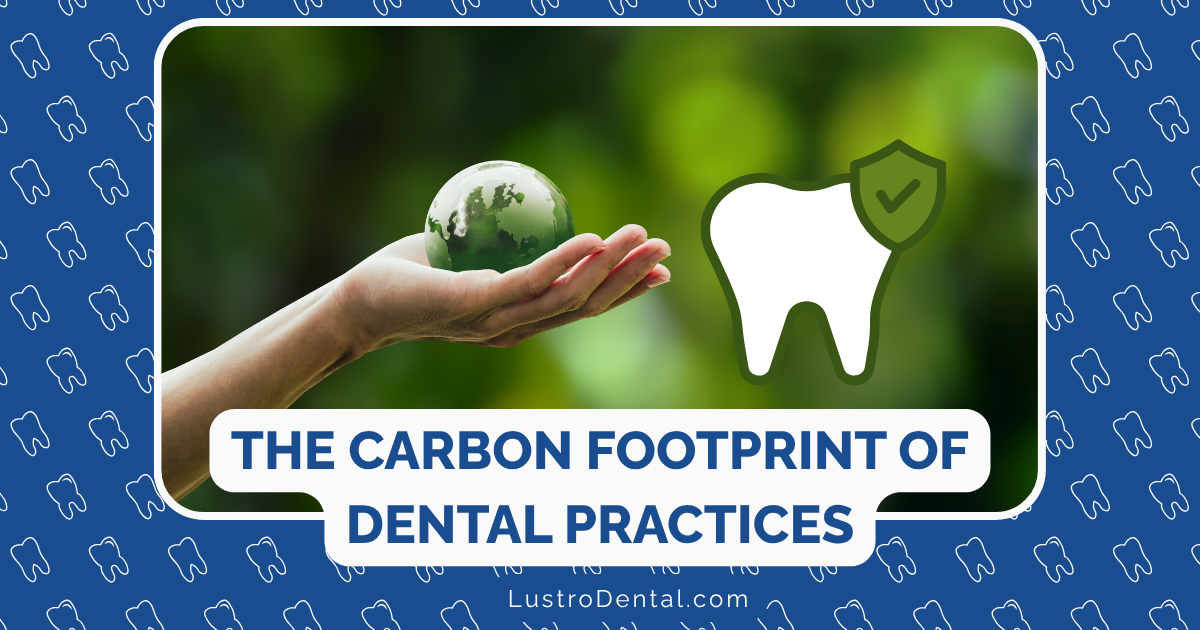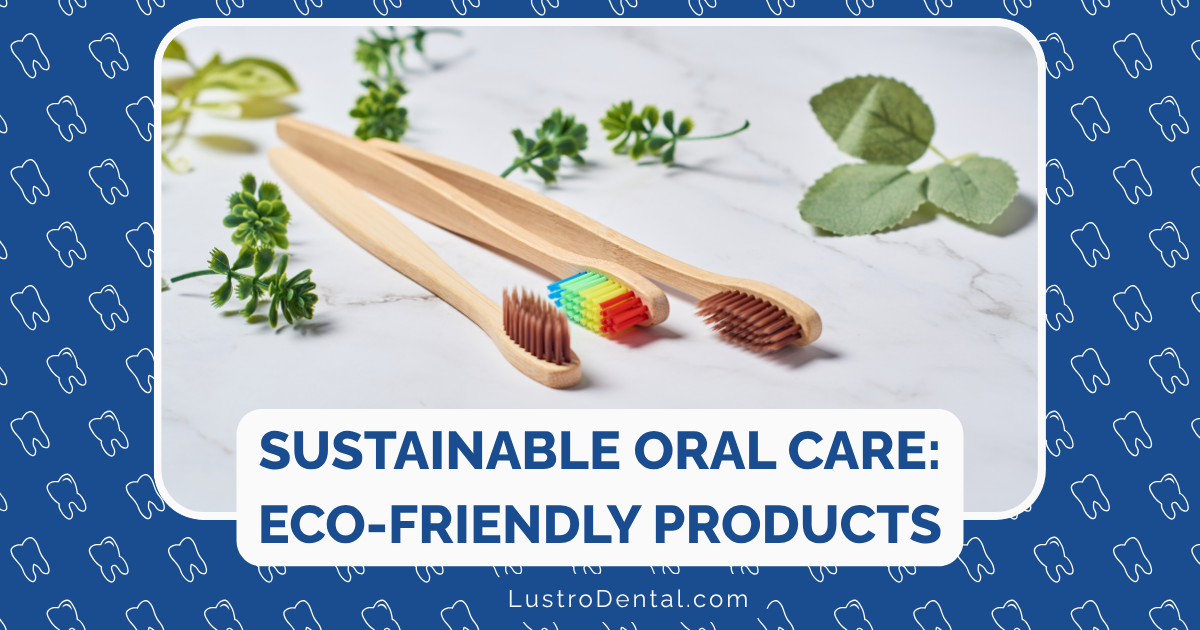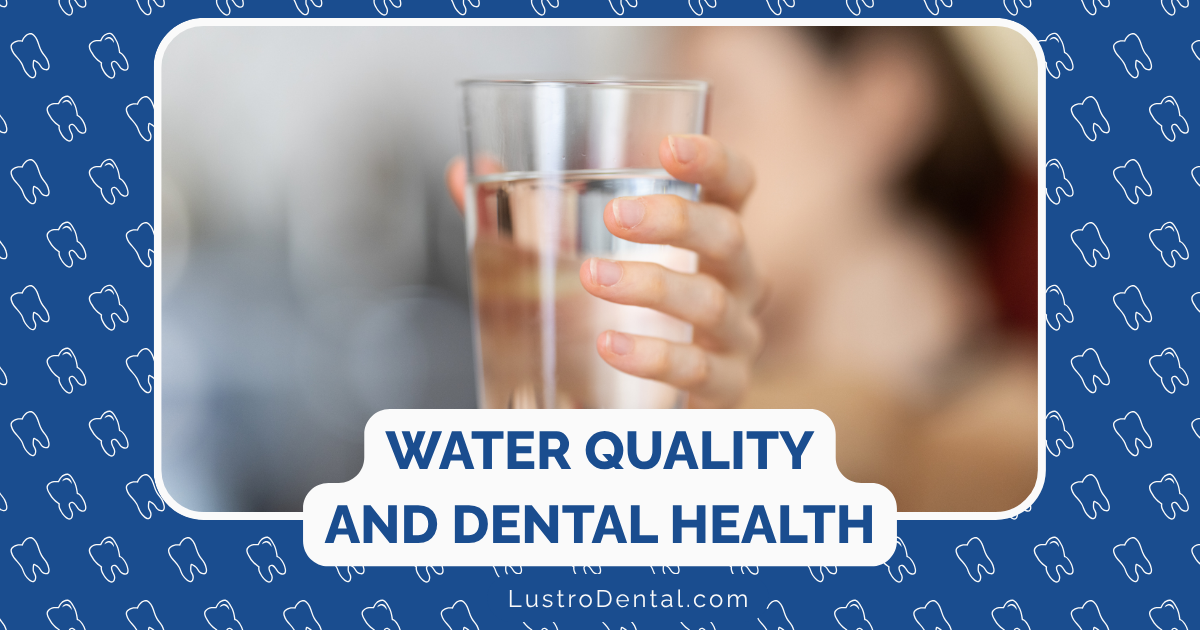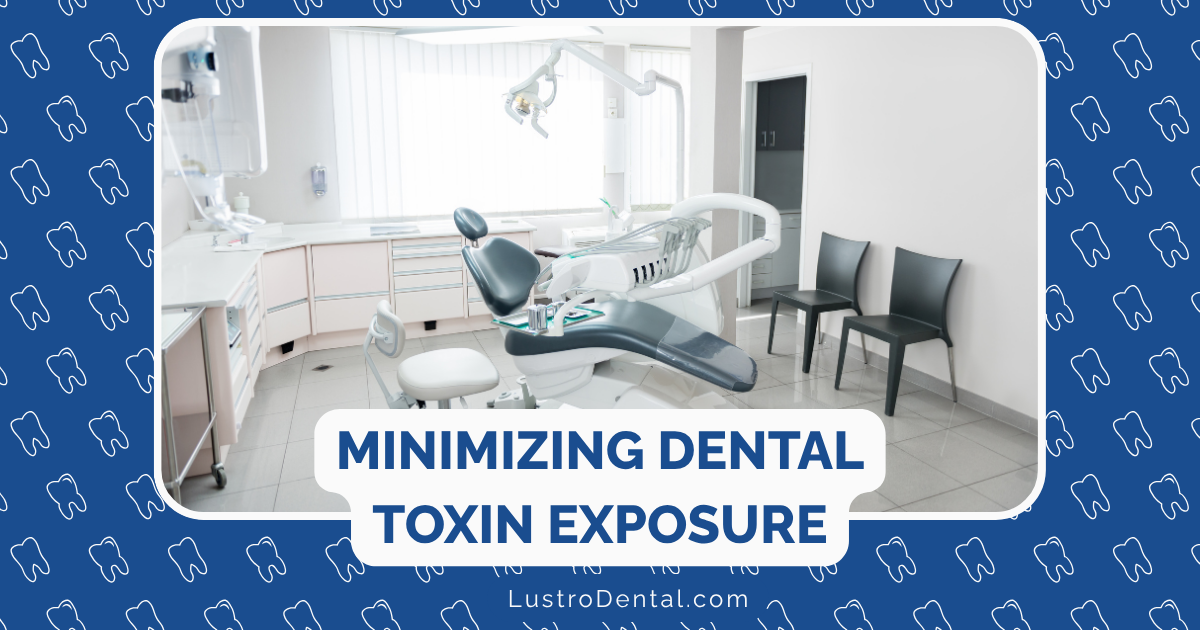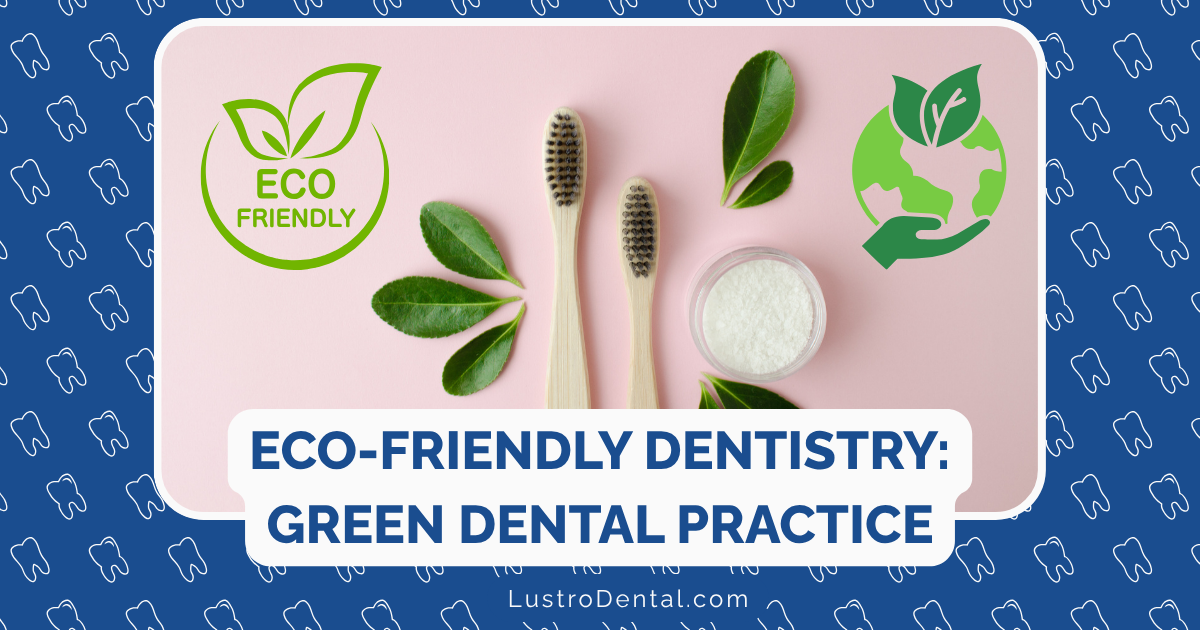Remineralization Through Nutrition: Foods That Strengthen Enamel
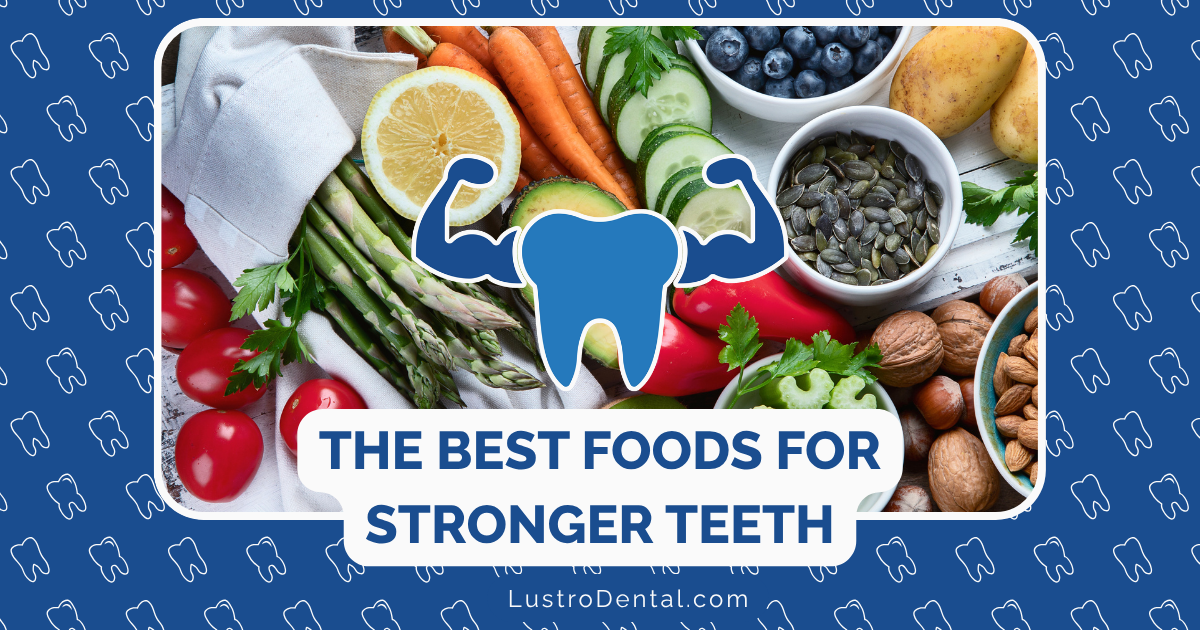
Your tooth enamel is the hardest substance in your body—even stronger than bone. This remarkable outer layer protects the sensitive inner structures of your teeth from decay, temperature extremes, and daily wear and tear. But despite its strength, enamel isn’t invincible. It can gradually wear down from acidic foods, certain medications, dry mouth conditions, and even aggressive brushing.
The good news? Your body has a natural process called remineralization that can help strengthen and repair weakened enamel. Even better, you can support this process through the foods you eat. As a dental health advocate, I’m passionate about helping people understand how nutrition can be a powerful tool for maintaining strong, healthy teeth.
Understanding the Remineralization Process
Before we dive into specific foods, let’s understand what remineralization actually means. Your mouth exists in a constant state of balance between demineralization (mineral loss) and remineralization (mineral gain).
Every time you eat or drink something acidic or sugary, the pH in your mouth temporarily drops, creating an acidic environment that pulls minerals from your teeth—a process called demineralization. Your saliva naturally works to neutralize these acids and restore minerals to your teeth, but sometimes this natural process needs support.
Remineralization occurs when minerals like calcium and phosphate, along with fluoride, are redeposited onto the enamel surface. This process strengthens existing enamel and can even reverse early stages of decay.
Essential Nutrients for Enamel Strength
Several key nutrients play vital roles in enamel remineralization:
1. Calcium
Calcium is the primary mineral component of tooth enamel. According to research published in the Journal of the American Dental Association, adequate calcium intake is essential for maintaining strong teeth and supporting remineralization.
Food sources:
- Dairy products (milk, yogurt, cheese)
- Fortified plant milks (almond, soy, oat)
- Leafy greens (kale, collard greens, bok choy)
- Sardines and canned salmon (with bones)
- Almonds and seeds
2. Phosphorus
Phosphorus works alongside calcium to rebuild tooth enamel. About 85% of the phosphorus in your body is found in your bones and teeth.
Food sources:
- Fish and seafood
- Lean meats and poultry
- Eggs
- Dairy products
- Nuts and seeds
- Legumes
3. Vitamin D
Vitamin D is crucial for calcium absorption and utilization. Without adequate vitamin D, your body can’t effectively use the calcium you consume, regardless of how much calcium-rich food you eat.
Food sources:
- Fatty fish (salmon, mackerel, tuna)
- Egg yolks
- Mushrooms exposed to UV light
- Fortified foods (milk, orange juice, cereals)
- Sunlight exposure (your skin produces vitamin D when exposed to sunlight)
4. Vitamin K2
This often-overlooked nutrient helps direct calcium to your bones and teeth rather than allowing it to deposit in soft tissues or arteries. Research in the Journal of Nutrition suggests that K2 works synergistically with vitamin D for optimal calcium utilization.
Food sources:
- Fermented foods (natto, certain cheeses)
- Grass-fed animal products
- Egg yolks
- Organ meats
5. Magnesium
Magnesium helps regulate calcium and contributes to bone and tooth formation. It’s also involved in over 300 enzymatic reactions in the body.
Food sources:
- Dark leafy greens
- Nuts and seeds
- Whole grains
- Legumes
- Dark chocolate
6. Vitamin C
While not directly involved in remineralization, vitamin C is essential for gum health. Healthy gums provide the foundation for healthy teeth and create an environment where remineralization can occur.
Food sources:
- Citrus fruits (consumed with meals to minimize acid exposure)
- Berries
- Kiwi
- Bell peppers
- Broccoli and cauliflower
Top Foods for Enamel Remineralization
Now that we understand the key nutrients, let’s look at specific foods that pack the biggest punch for enamel strength:
1. Cheese
Cheese is a remineralization powerhouse. It’s rich in calcium and phosphorus, and research in the General Dentistry journal found that eating cheese raises the pH in your mouth, creating an environment that favors remineralization. Cheese also stimulates saliva production, which helps wash away food particles and buffer acids.
2. Yogurt (Unsweetened)
Plain yogurt provides calcium and phosphorus while also containing beneficial probiotics. These good bacteria may help reduce harmful bacteria in your mouth, creating a healthier oral environment that supports remineralization.
3. Leafy Greens
Vegetables like kale, spinach, and collard greens are packed with calcium, magnesium, and vitamins. Their fibrous texture also stimulates saliva flow as you chew, supporting the natural remineralization process.
4. Crunchy Fruits and Vegetables
Apples, carrots, and celery have high water content and require significant chewing, which stimulates saliva production. While they don’t directly remineralize teeth, they create conditions that support the process by increasing saliva flow and helping to clean teeth surfaces.
5. Nuts and Seeds
Almonds, sesame seeds, and pumpkin seeds provide calcium, phosphorus, and magnesium—all essential for enamel strength. Their crunchy texture also stimulates saliva flow.
6. Wild-Caught Fish
Fatty fish like salmon provide vitamin D, which is essential for calcium absorption, along with phosphorus and omega-3 fatty acids that may help reduce inflammation in the gums.
7. Bone Broth
Homemade bone broth contains minerals that leach from the bones during cooking, including calcium, phosphorus, and magnesium—all critical for remineralization.
8. Green and Black Tea
Tea contains compounds called polyphenols that help reduce bacteria and acid in the mouth. Research in the Journal of Dental Research suggests that regular tea consumption may help prevent enamel erosion and tooth decay.
Foods to Limit for Enamel Protection
While focusing on remineralizing foods, it’s equally important to be mindful of foods that can accelerate enamel erosion:
1. Sugary Foods and Beverages
Sugar feeds acid-producing bacteria in your mouth, creating an environment that promotes demineralization. Limit candies, sodas, sports drinks, and sweet treats.
2. Acidic Foods and Drinks
Citrus fruits, tomatoes, vinegar-based dressings, carbonated beverages, and wine can all erode enamel over time. Enjoy these in moderation and rinse your mouth with water afterward (but don’t brush immediately, as this can damage softened enamel).
3. Sticky Foods
Dried fruits, caramels, and other sticky foods cling to teeth, prolonging acid production. If you enjoy these foods, rinse thoroughly with water afterward.
4. Refined Carbohydrates
White bread, crackers, and chips break down into sugars quickly and can stick to teeth, feeding acid-producing bacteria.
ProDentim: Supporting Remineralization Beyond Diet
While nutrition forms the foundation of enamel strength, supplements can provide additional support. ProDentim stands out as a comprehensive oral health supplement specifically designed to support remineralization and strengthen enamel.
How ProDentim Supports Enamel Remineralization
ProDentim combines probiotics with key minerals that work synergistically to support enamel health:
- Tricalcium Phosphate: This bioavailable form of calcium and phosphate directly supports the remineralization process. Research published in the International Journal of Dentistry shows that calcium phosphate compounds can effectively remineralize early enamel lesions and strengthen existing enamel.
- Malic Acid: Derived naturally from fruits like strawberries, malic acid in ProDentim helps maintain a balanced pH in the mouth while supporting enamel strength. A study published in 2024 found that products containing malic acid improved enamel strength by up to 38% within two months.
- Probiotic Blend (3.5 billion CFU): ProDentim’s proprietary blend includes Lactobacillus paracasei, Lactobacillus reuteri, and Bifidobacterium lactis BL-04—strains specifically selected for their oral health benefits. These probiotics help maintain a balanced oral microbiome, reducing harmful bacteria that produce enamel-eroding acids.
- Inulin: This prebiotic fiber nourishes beneficial bacteria in the mouth, creating an environment where remineralization can occur more effectively.
By combining these ingredients, ProDentim creates a comprehensive approach to enamel protection that works alongside your nutritional efforts.
Creating a Remineralization-Friendly Eating Plan
To maximize enamel strength, consider these practical tips for incorporating remineralizing foods into your daily routine:
Breakfast Ideas:
- Greek yogurt topped with almonds and berries
- Spinach omelet with a side of cheese
- Whole grain toast with salmon and avocado
Lunch Ideas:
- Kale salad with chicken, almonds, and cheese
- Bone broth-based soup with vegetables
- Sardine salad with leafy greens
Dinner Ideas:
- Baked salmon with steamed broccoli and quinoa
- Grass-fed beef stew with root vegetables
- Stir-fried leafy greens with tofu and sesame seeds
Snack Ideas:
- Cheese with apple slices
- Plain yogurt with cinnamon
- Handful of nuts and seeds
- Raw vegetables with hummus
Beverages:
- Green or black tea (unsweetened)
- Water with minerals
- Milk or fortified plant milk
Timing Matters: Strategic Eating for Enamel Protection
When you eat remineralizing foods can be almost as important as what you eat:
- After acidic foods: Follow acidic foods or beverages with remineralizing foods like cheese or milk to help neutralize acids and provide minerals for repair.
- Between meals: Snacking on nuts, cheese, or yogurt between meals can help maintain a neutral pH in your mouth throughout the day.
- Before bed: Your saliva flow decreases during sleep, making your teeth more vulnerable. Consider taking your ProDentim supplement before bed, after brushing and flossing, to support remineralization during this critical period.
Success Story: Sarah’s Enamel Transformation
Sarah, a 42-year-old patient, came to me concerned about increasing tooth sensitivity and small white spots on her front teeth—early signs of enamel demineralization. As a busy professional, she often relied on acidic energy drinks and grabbed whatever was convenient for meals.
We developed a three-pronged approach:
- A nutrition plan rich in remineralizing foods
- Daily ProDentim supplementation
- Improved oral hygiene practices
After three months, Sarah’s sensitivity had decreased significantly, and the white spots were less noticeable. Her dentist confirmed improved enamel strength at her next check-up. “I never realized how much what I eat affects my teeth,” Sarah shared. “The combination of changing my diet and taking ProDentim has made such a difference—not just in how my teeth feel, but in how they look too.”
Conclusion: Nourishing Your Smile from Within
Your teeth are living structures that respond to the nutrients you provide. By understanding the remineralization process and making strategic food choices, you can actively support your enamel strength and overall oral health.
Remember that remineralization works best as part of a comprehensive approach:
- Consume a diet rich in calcium, phosphorus, and vitamins D and K2
- Limit acidic and sugary foods that promote demineralization
- Maintain excellent oral hygiene practices
- Consider targeted supplements like ProDentim that support the remineralization process
- Visit your dentist regularly for professional care and guidance
By nourishing your smile from within, you’re investing in both the health and appearance of your teeth for years to come.
What remineralizing foods do you already include in your diet? Share your favorite enamel-strengthening recipes in the comments below!


